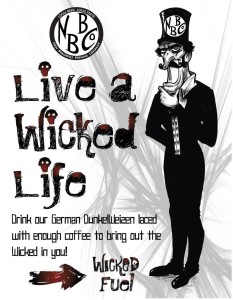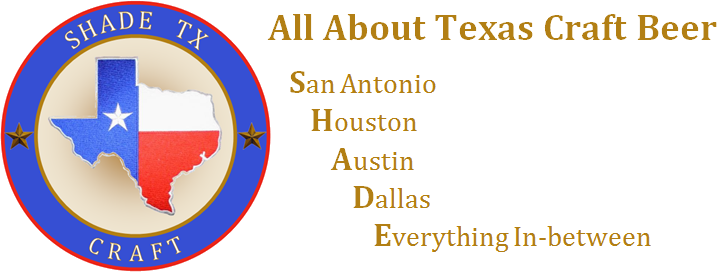 The “little brewery in Texas” is all grown up and nouveau riche. The small town brewery feel is long gone and now they’ve resorted to picking on a smaller craft brewery 70 miles away. If you can’t already tell, I’m frustrated with Shiner, but more so, I’m upset with their parent company, Gambrinus. Granted, Gambrinus is not the mammoth that a company like AB InBev, SABMiller, or Constellation Brands, but corporate ownership is still corporate ownership.
The “little brewery in Texas” is all grown up and nouveau riche. The small town brewery feel is long gone and now they’ve resorted to picking on a smaller craft brewery 70 miles away. If you can’t already tell, I’m frustrated with Shiner, but more so, I’m upset with their parent company, Gambrinus. Granted, Gambrinus is not the mammoth that a company like AB InBev, SABMiller, or Constellation Brands, but corporate ownership is still corporate ownership.
With corporate money comes corporate greed. Instead of beating the competition with your product, it’s about beating the competition with lawyers and bullying. The definition of frivolous was embodied in the Texas hill country last week. Lost amidst all of the fervor surrounding the Ballast Point buyout was a cease and desist that Gambrinus Company sent to New Braunfels Brewing Company for, get this, using the word “wicked” in the name of one of their beers.
The justification from Gambrinus comes from when they purchased Pete’s Brewing Company that used to make a pretty good beer called Pete’s Wicked Ale. It was one of the first craft beers that many of us enjoyed before craft beer was wildly popular. Even though Gambrinus squashed the brand and beer, they decided the word “wicked” is now theirs and ONLY theirs.
Shiner, the so-called small town brewery, has a new beer that has only been out in the market about two months now called Wicked Ram IPA. The brand’s first IPA is an important beer to their future as they are trying desperately to appeal to a larger demographic of the beer drinking population obsessed with hoppy beers.
The brand is so invested in this beer that the name of it is apparently so important that any beer named “wicked” must be snuffed out at all costs. New Braunfels Brewing Company has been brewing and selling Wicked Fuel dunkelweizen for over two years, yet somehow they are infringing on Shiner’s trademark for using the word “wicked” in the beer name. What is so confusing about all of this is the countless other breweries using “wicked” in their brewery name or beer name. Yet somehow, the small brewery in the Texas hill country is the one that is being targeted.
Let me be clear. This is WRONG. This is bullying. This is pathetic. First of all, the two breweries are brewing two entirely different beer styles. Two, there is absolutely nothing similar about the packaging of the two beers. Three, the beers have no similarity in taste at all. And four, there is absolutely no confusion from the consumer perspective on which beer is made by which brewery. To be honest, New Braunfels Brewing’s marketing budget is a fraction of Shiner’s, therefore their beer is less-known to the public than Wicked Ram.
So let’s clarify the difference between the two. Shiner is a corporate beer with corporate sponsorship, marketing, and attorneys. They are more concerned with their brand image than making good beer. If you enjoy IPA’s, drink a Wicked Ram for yourself. You, like me, will likely find it to be dull and tasteless with little hop profile and even less effort in perfecting the recipe.
On the other hand, New Braunfels Brewing is a local, small batch brewery that uses Texas ingredients when brewing their beer. The Wicked Fuel dunkel uses coffee from Independence Coffee Company in Brenham. The beer is truly a stellar dunkel that jumps out with flavor as it uses Erdeweiss’s roasty flavor and blasts it on steroids. The flavor profile blows Wicked Ram out of the water. The amount of time that Kelly and his team have taken to modify and perfect the recipe is apparent in the finished product.
My plea to the readers who actually care about Texas craft beer is to know what you are drinking. Know if it is a craft beer made by people who genuinely care about you as the consumer, or if it’s made by people concerned about the bottom line and nothing else. Cheap beer isn’t always the best beer, so pay a little more so you can enjoy it more. Just remember that when your favorite beer goes corporate, frivolous complaints and lawsuits like this can be the result. There is enough room in the market for everybody to co-exist and it’s about the consumer, not for the executives.
